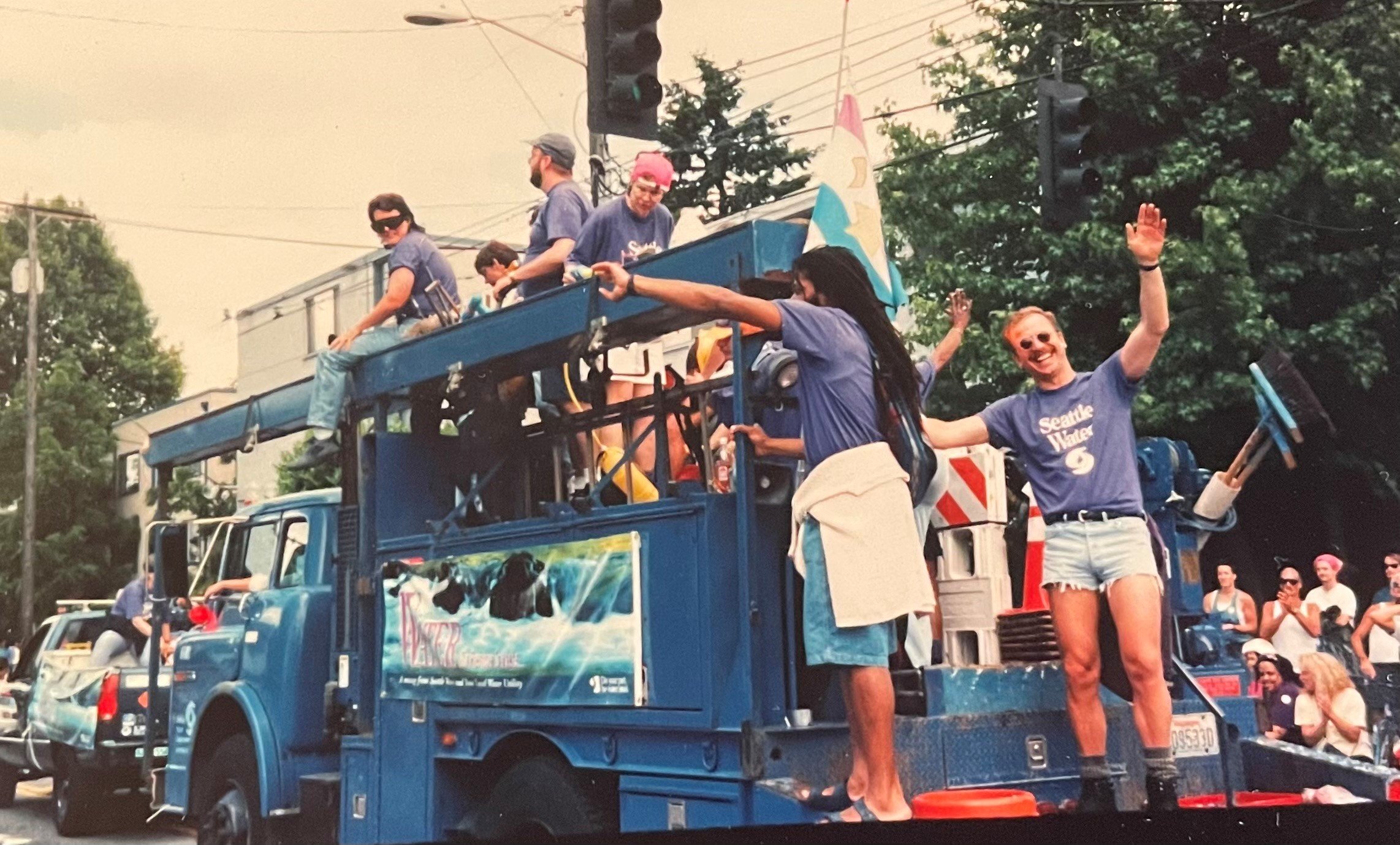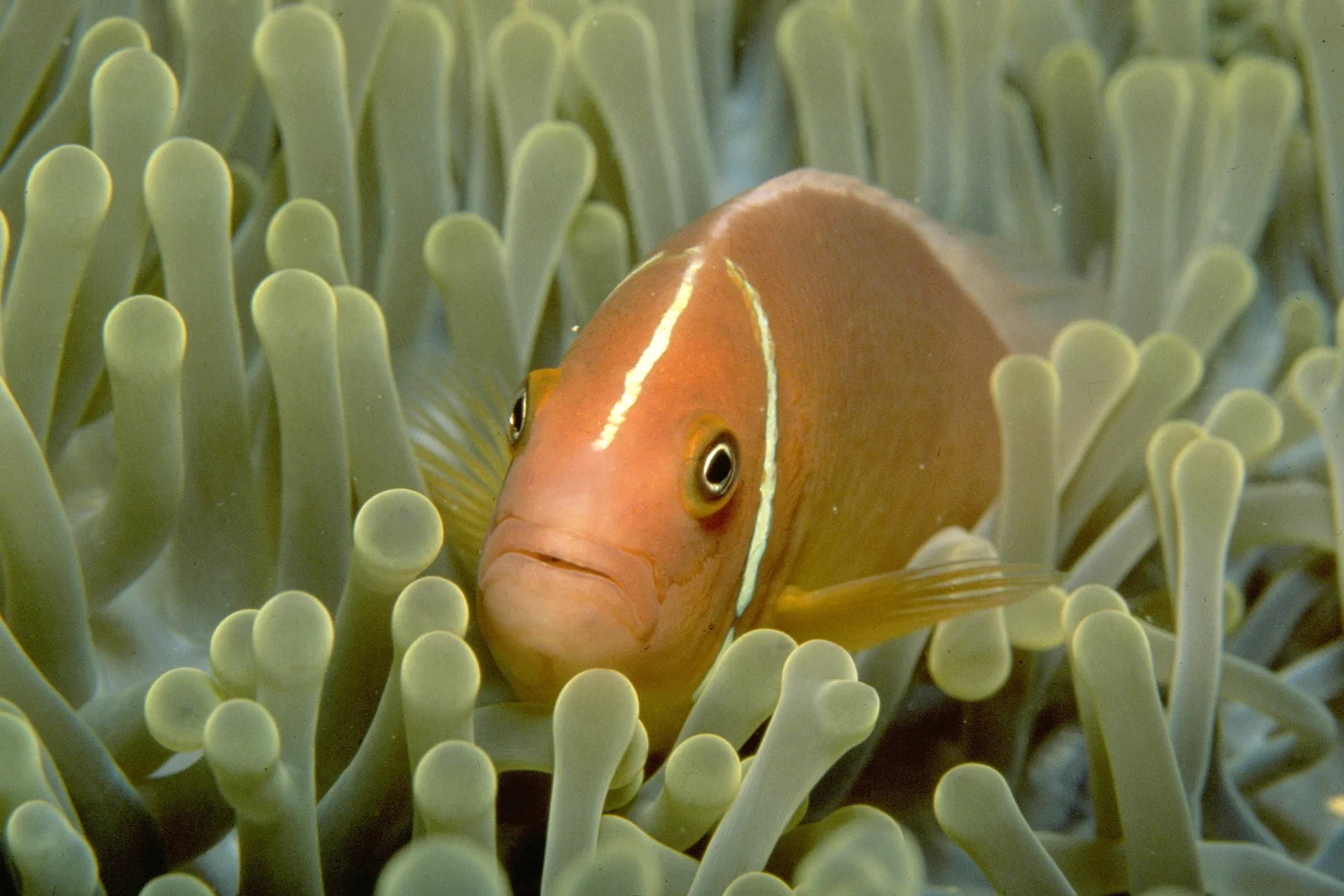By Mike Schaefer, The Nature Conservancy in Washington Board of Trustees
WA Trustee member Mike Schaefer.
As I complete my last term as a trustee on the WA chapter’s board—and reflect on more than 40 years of board service for a wide variety of non-profits—I’ve been asked to share my thoughts on what it means to be a volunteer leader.
First and foremost—time flies. I began volunteering on boards right out of college. As a gay man on the cusp of the AIDS epidemic, it seemed becoming an activist while juggling a career was my only future. Our community had a huge sense of urgency around the need for public action, and a passionate commitment to our voices being heard, both loudly and fairly. That sense of urgency continues to drive me today. Actions do speak louder than words, and I do track actions.
In my 20s and 30s we didn’t spend time on “10 year plans,” but we did strategize on speaking with one voice and building a movement where all received the respect and dignity they deserved. As a white, gay man of privilege I learned very quickly—before I was 20—to be careful how I spoke on behalf of others. I also learned to both be humble (and crack jokes) when doors would open for me that others found blocked. In retrospect our efforts in those years were like those of a crazed start-ups: we thrived in an environment where failure was unthinkable and success was frustratingly elusive.
At some point (and I can remember exactly when), it became clear to me that I needed to balance my work on LGBTQ rights and AIDS research, with volunteer time on environmental issues as a way to “feed my soul.” Getting out in the field to see firsthand the issues confronting eco-system health, forced me to wrap my brain around challenges unlike any others I had worked on. I met people who had actual career paths and training in conservation—people who weren’t burning out from trauma. These were people who marveled at the places their jobs took them, the people they met and could witness with wonder the beauty of nature.
Initially I did sort of worry I was being invited on-board at TNC under the presumption I was another “white man of privilege.” I worried I was going to be asked to rubber stamp initiatives and the pace of change that drove me would drive others nuts. For example: I was used to an unapologetic standard in the LGBTQ movement where you’d automatically lack a quorum to conduct any business if only the “white guys showed up.” Boy did I squirm the first time I realized I was going to give voice to under-represented perspectives at a TNC meeting. I knew including diverse voices brought immense strength to the LGBTQ movement, and I expected no less when participating in the leadership of the conservation movement.
There is plenty we all can learn from the work of LGBTQ leaders over the past 40 years. For example, it is powerful to learn to “check your privilege at the door,” to acknowledge how stereotypes influence your decisions, and to recognize that absolutely every group you join in your entire life will have DEIJ work to do. The urgency the LGBTQ movement felt during the AIDS crisis is now the urgency we all feel in the environmental movement as we reckon with the climate crisis. We must speak with one voice, continue to build a movement and embrace diversity as a vital part of all we do.
Bottom line: bringing your full self to your work isn’t easy. Taking risks, listening for feedback - without defending - takes practice. And guess what? There is no opportunity for this sort of practice unless you make mistakes. Most likely that’s why I now have so many stories to share!
























